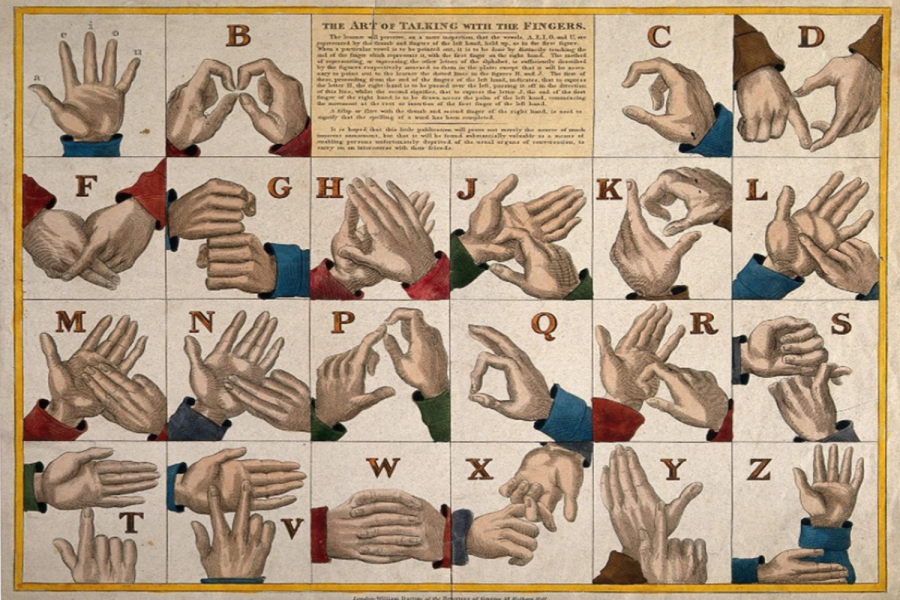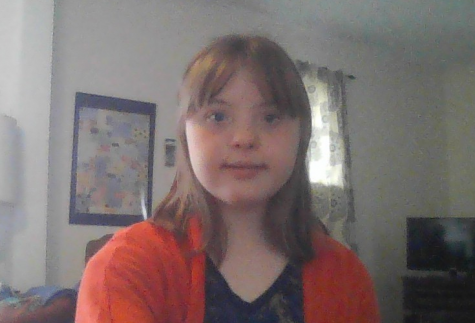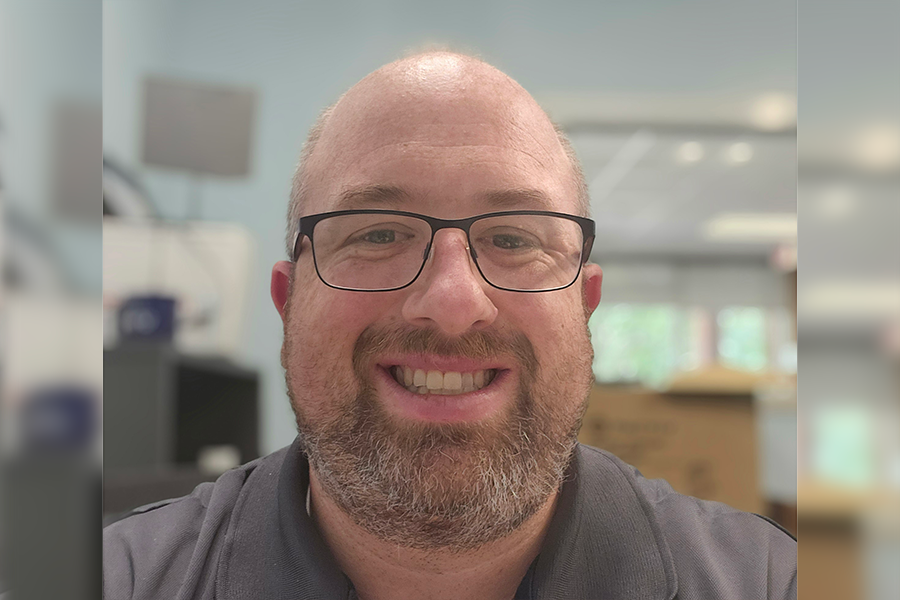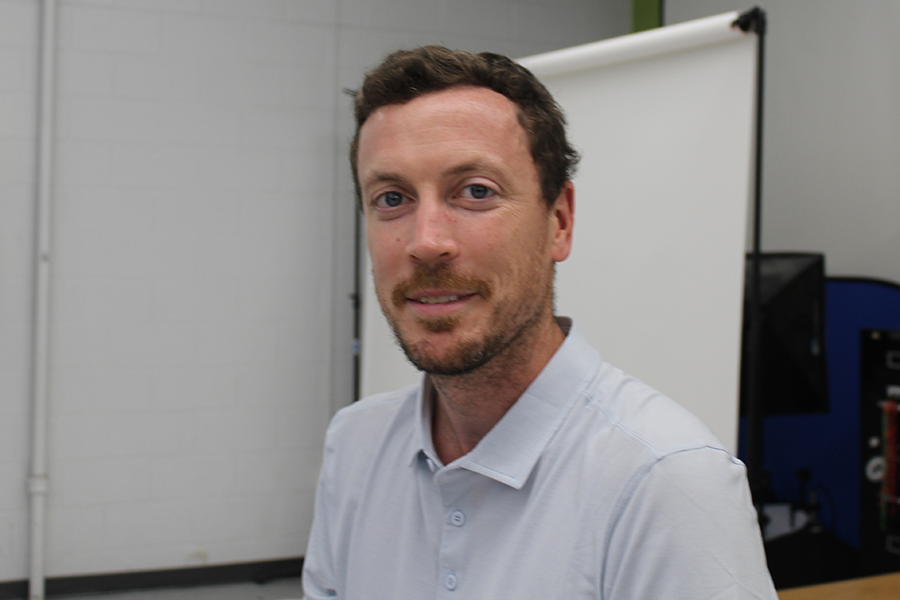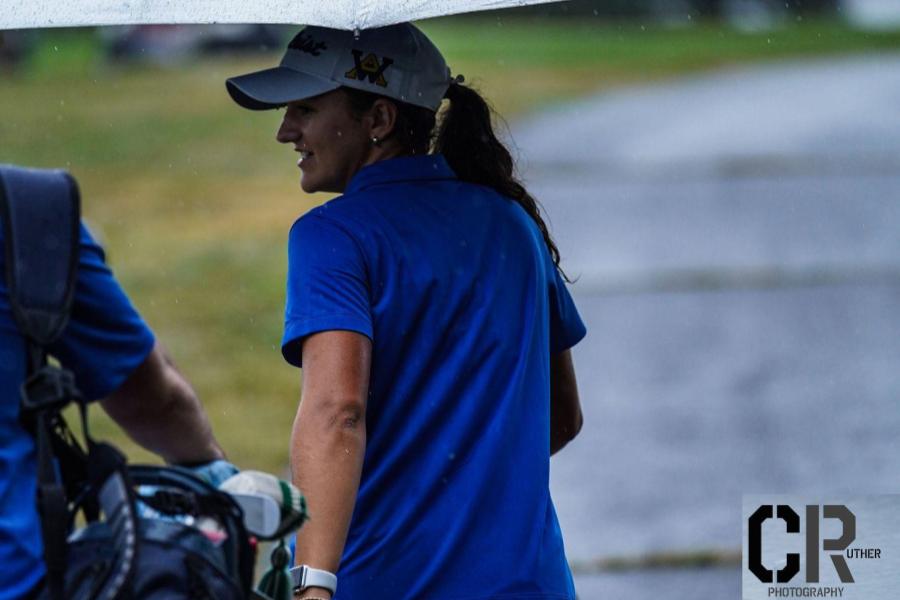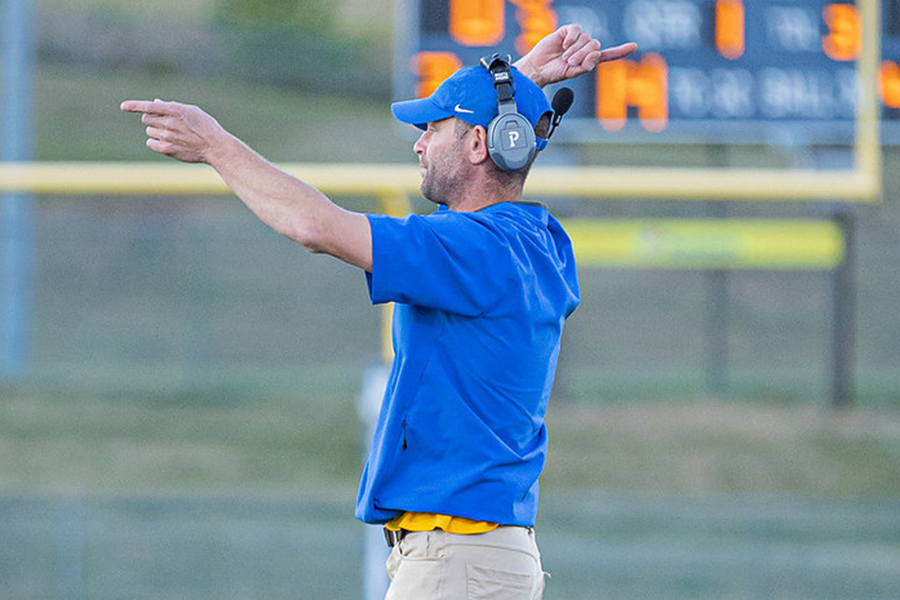Sign Language: A Language Without Sound
Credit: Wikimedia Commons
June 7, 2021
Sign language is not just for deaf people! It’s for everyone.
Studies have shown that ASL can benefit all babies, not just those who are deaf, or diagnosed disabled. Lane Rebelo, founder of Tiny Signs, a sign language course for infants, and baby sign language instructor, says “a baby’s ability to speak develops later than his or her ability to comprehend spoken language, causing a lag between what they understand (receptive language) and what they can communicate (expressive language).” ASL improves listening and other communication skills in people, especially those on the autism spectrum.
ASL is also influential in child development. Researchers at Southern Illinois University Carbondale have reported that early exposure to ASL leads to heightened reasoning skills and raises a child’s IQ by an average of 12 points. Not too shabby. Marilyn Daniels found that students who know ASL have better reading levels, and vocabulary than non-ASL students.
The state of Virginia has approved ASL courses for credit at the secondary level since 1997. UVA, UNC, Berkeley, Radford, Howard, Georgetown, Yale and many other colleges and universities accept ASL as a foreign language.
WAHS guidance counselor Shelby Poole reported that seven students have taken ASL this year, through Virtual Virginia, an online program.
Many WAHS students in the program have expressed their positive experiences with ASL. Former WAHS student Ainsley Miller says, ”it really is a fantastic language. It is insanely easy to learn, it can be used day to day if need be, and it is genuinely so much fun.” ASL is found to be useful when underwater and in noisy places.
Senior Halle Brockett says, “If I were to tell a high school student anything about ASL, it would be that American Sign Language is its own language, separate from English or any other sign languages… sign language is extremely expressive and meaning cannot get across without that expression, so there is no holding back when it comes to ASL.”
Junior Madeleine Krause feels learning ASL might encourage an “open conversation about issues regarding the lack of inclusion and ableism in our society.” She also noted ASL as a valuable skill in the workplace as it can “open up so many career opportunities and make you stand out to employers.”
Linda McNeil of Crozet learned ASL to become a teacher of the deaf and hard of hearing. She says it helps her focus. McNeil finds ASL to be “a beautiful and compelling language with its own syntax and ways of expressing thoughts and feelings.” She adds, “it’s cool to be able to chat in silence.”
I was first introduced to ASL when my mom’s friend, who was teaching her child sign language, suggested it to my mom. As a baby, I first watched the DVDs created by Rachel Coleman’s “Baby Signing Time,” and I loved it. At first, I watched them for fun, but I eventually began to learn, practice, and use signs. Today, I take ASL classes with a church instructor. I also mentor my friend’s daughter in ASL. I use ASL to communicate when I’m overwhelmed or overstimulated and I hope to use ASL in the future.
The benefits to learning ASL are undeniable, so my advice for you is to “sign up” for sign language as soon as possible.
Sources:
- Tiny Signs: https://tinysigns.com/
- Baby Sign Language: https://www.babysignlanguage.com/basics/benefits/#cognitive
- Go React Sara Seamons: https://aslblog.goreact.com/author/sara/
- Go React: https://aslblog.goreact.com/category/asl/



